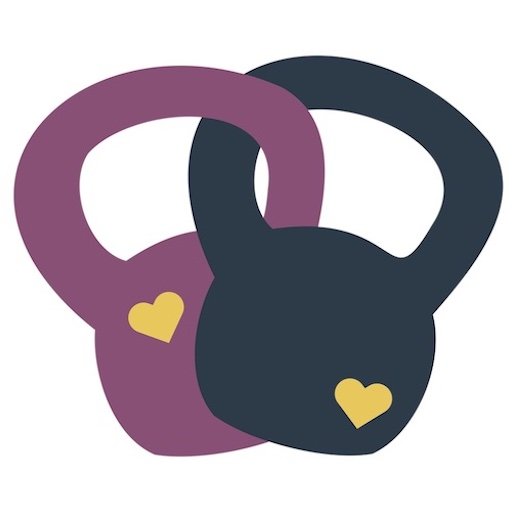Nourish + Connect: Diverse Dialogues Episode Wrap-Up — Reclaiming Food and Movement in a Fat Body
By Angel Austin
During our most recent episode entitled, “Reclaiming Food and Movement in a Fat Body”, we discussed the criticisms and challenges that can arise with this endeavor. We shared our personal experiences and how we learned to move and eat on our own terms and for our personal well-being. We talked about our past perceptions of movement as punishment and how so many people still carry these perceptions.
Christine and I talked about our own journeys and how important it is to start shifting the narrative about movement, emphasizing its role as a form of self-care and a means to feel better rather than a chore or punishment. We also talked about the need to let go of toxic goals related to body size and focus on more holistic goals that are centered around our overall well-being. We reflected on replacing former goals with more positive and flexible ones and the simple joy of being able to move each day. We acknowledged the challenges of articulating the desire to "feel better" within the fat liberation community and how we have been questioned about replacing fatphobia with ableism.
Sarah emphasized the importance of setting personalized and tangible goals and shared about her goal-setting workshops that help to guide people through a process of defining goals that are not centered around losing weight, but rather focus on activities like hiking, reducing knee pain, or improving mobility. She shared that making goals measurable and time-bound allows her clients to track their progress and make any necessary adjustments.
We also talked about how necessary it is to give ourselves grace when our goals may look different than others.This might be because of factors like body size, disability, or pain, but we all deserve to use food and movement in ways that serve our needs without conforming to societal expectations. We also talked about the fact that there’s no requirement for movement to be joyful to have a positive effect. Movement can be challenging and uncomfortable, yet still have benefits. It’s so important to adjust expectations and find fulfillment in the positive outcomes of movement, such as increased stamina or pain reduction.
We spoke about the role of movement in building the "window of tolerance," particularly in the context of trauma support. Engaging in structured training, such as weightlifting, walking, or running, where one pushes themselves within a certain level of discomfort, contributes to expanding the overall capacity to tolerate any kind of stress. This goes beyond physical benefits, influencing mental stamina and the ability to handle discomfort, thereby connecting exercise with improved mental health.
The conversation then shifted again to the challenges within fat-positive communities regarding the pursuit of movement skills. We all agreed that these spheres can become challenging to navigate, especially when discussing the concept of improving skills with movement. Moving away from toxic thoughts and behaviors is complicated, as some individuals find it easier to swing from extreme to extreme, avoiding the nuanced discussion required for a more neutral and stable perspective on movement and food. We understand the difficulty in finding a balanced approach, comparing it to the principles of intuitive eating, where individuals may swing away from restriction before finding a more balanced eating style. Sarah and Christine mentioned clients who are going through the process of coming to a neutral standpoint, realizing that certain movement patterns contribute positively to their well-being.
We spoke very honestly about the fear of discussing movement within our communities. We agreed that ongoing work in decolonizing body liberation spaces where open discussions about movement and its impact on well-being are beginning to take place, are necessary to challenge traditional beliefs. We need to create brave spaces for open dialogue, understanding that discomfort is part of the process of finding a more neutral and balanced approach to movement within fat-positive communities.
At the end of the episode, we agreed that creating safe spaces within diverse communities is not always possible. There’s just no way to make discussions feel safe for everyone simultaneously. We must become far more comfortable with uncertainty and avoid adhering to such staunch binaries. We have to embrace curiosity, challenge assumptions, and show up in non-reactive ways to foster healing and understanding within our communities.
